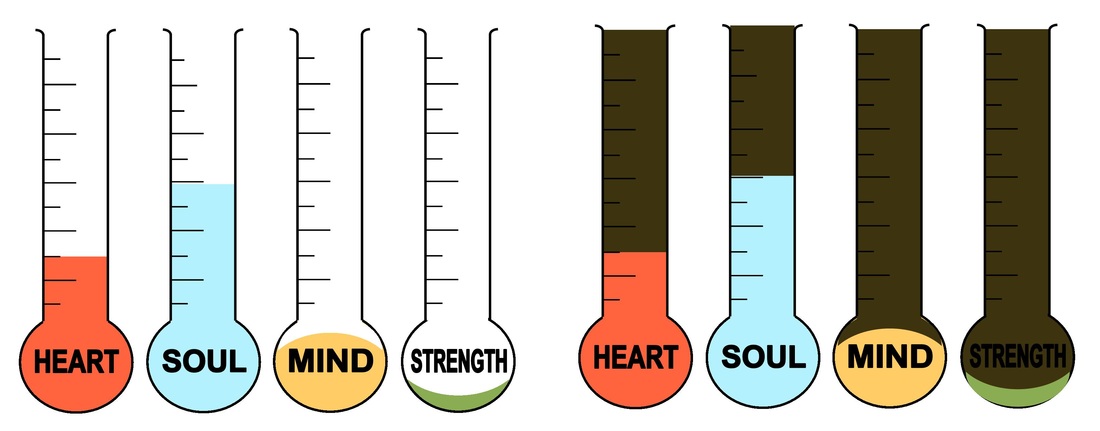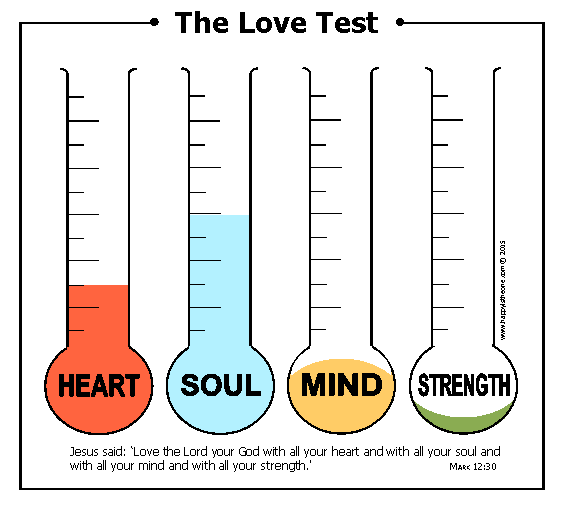I suspect Paul meant well. Fortunately the gospel of Matthew records Jesus as saying:
Do not think that I have come to abolish the Law or the Prophets. I have not come to abolish them, but to fulfill them. For I tell you truly, until heaven and earth pass away, not a single jot, not a stroke of a pen, will disappear from the Law until everything is accomplished. So then, whoever breaks one of the least of these commandments and teaches others to do likewise will be called least in the kingdom of heaven; but whoever practices and teaches them will be called great in the kingdom of heaven. (Matthew 5:17-19)
God has shown me again and again that the Ten Commandments support life, not death. Even without years of personal experience of this truth, I would anyway struggle to accept that God brought the Israelites out of the land of Egypt and the house of slavery - brought them into freedom, holy covenant and the promise of nationhood - only to shackle them to death. No, the Ten Commandments are the laws of life; they are a very precious gift - a blessing, not a burden.



 RSS Feed
RSS Feed